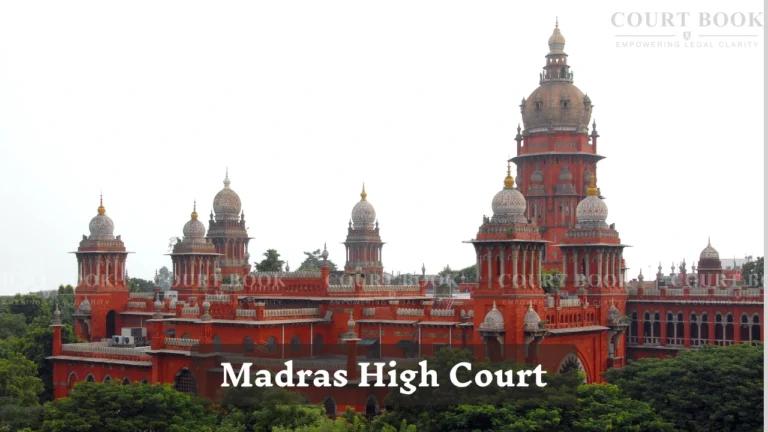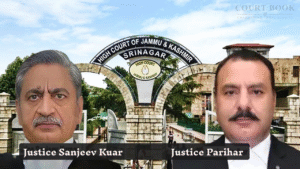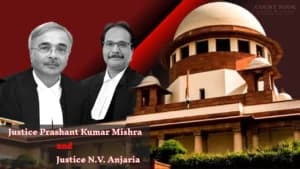In a significant ruling that underscores the importance of limitation in civil disputes, the Madras High Court has dismissed a 35-year-old claim filed by a woman seeking refund for a land deal gone wrong. Justice Dr. A.D. Maria Clete, while pronouncing judgment on October 16, 2025, held that the suit filed by the appellant, Sathiyavathi, against the Erode Cloth Merchants Association, was “hopelessly barred by limitation.”
Background
The dispute goes back to 1990, when Sathiyavathi purchased a housing plot at Textile City, Erode, through a sale deed executed by the Erode Cloth Merchants Association, acting as power agents for the landowners. Years later, she alleged that the association had cheated her by selling government land (poromboke land) not belonging to them.
In 2004, after realizing the alleged fraud, she lodged a complaint before the Superintendent of Police, and when that failed, pursued a private criminal complaint in 2009. Though the criminal revision went in her favour in 2014, she filed the civil suit for refund of ₹14.77 lakh only in 2017 nearly 27 years after the transaction.
The Mahila Fast Track Court, Erode, dismissed her case in 2018, prompting her to file an appeal before the High Court.
Court’s Observations
Justice Clete observed that the limitation period for filing such a civil suit begins when the right to sue first arises not when criminal proceedings conclude. The judge noted that Sathiyavathi herself admitted discovering the alleged fraud in 2004, which triggered the start of the limitation clock.
“The period of limitation expired on 13.07.2007,” the bench observed. “The suit filed on 27.03.2017 is therefore clearly barred by limitation, even after applying Section 17 (fraud) of the Limitation Act.”
The Court also rejected her argument that the time spent in criminal proceedings should be excluded under Section 14 of the Limitation Act, explaining that the section applies only to civil cases pursued in a court lacking jurisdiction not to criminal matters.
Citing the Supreme Court ruling in Raghwendra Sharan Singh v. Ram Prasanna Singh (2020), the judge said courts can reject a plaint at the outset if the case is clearly time-barred. “If from the reading of the plaint itself the suit is evidently barred by law, no further enquiry is necessary,” the Court remarked.
Decision
Concluding that there was “no infirmity or perversity” in the trial court’s decision, the High Court dismissed the appeal. “The appeal suit fails and is dismissed. No order as to costs,” Justice Clete declared, closing the chapter on a legal battle that had stretched over three decades.
Case: Sathiyavathi v. The President, Erode Cloth Merchants Association & Anr.
Case Type & Number: Appeal Suit No. 167 of 2019
Date of Judgment: October 16, 2025















